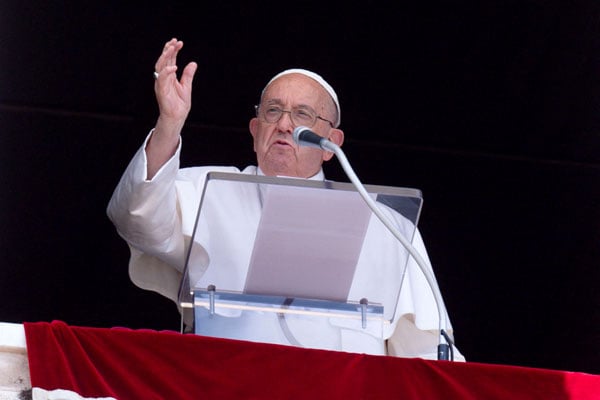Prime
Troubled conscience of our nation
What you need to know:
- If you are reading this, and perhaps have close affinities to the current regime of rule or you harbour positive foresights about a better Uganda, tomorrow, you may well read my comments here as hyperbolic or even plain cynical.
We are a country in the wilderness, in the throes of uncertainty and emptiness. I say this with a heavy heart.
I know compatriots who like to sound the alarms of optimism. I am an optimist too. But blind optimism borders on naivety and disingenuousness. I do not belong to that genre.
We need to face up to the realities confronting us as a people. I have written about this before, so dear readers if I sound ad nauseam, please pardon me.
From our political landscape to the social arena and economic environment, we have a deepening decay, dysfunction and distraught. But for perfunctory excitement and fleeting imbibing with hollow democracy, in a strict sense, there is no substantive value elections bring to the lives of the ordinary Ugandan.
For example, what difference does the creation of a new constituency and the election of an MP, assuming the electoral process is fair and credible, make in the life of a poor peasant in that area?
We will need a fundamental and radical overhaul of our national politics to, among other things, re-establish basic decency in the essence of political office, and articulate new ground rules on the role of a Member of Parliament and anyone holding an office on behalf of citizens. Until when we hit the reset and reboot button, we are swimming in unchartered waters and against the tide of decline and disintegration.
If you are reading this, and perhaps have close affinities to the current regime of rule or you harbour positive foresights about a better Uganda, tomorrow, you may well read my comments here as hyperbolic or even plain cynical.
You might have a point. But think about what two decades ago it meant to be a district chairman or the credibility and competence expected of someone to enter Parliament, contrast that with what we have to contend with today.
To be sure, I am no traditionalist nor a neo-conservative who harkens to some glorious past – at any rate Uganda does not have any such past. The reality though is that we are a country on a steady decline after a period in the 1990s and early 2000s when it appeared that we were forging ahead socially and politically.
How we veered from a more principled ethos of politics to crass patronage where the rulers pursue very narrow agendas of keeping a grip on power regardless of the broader implications for the country’s future is a story we must tell for generations to come.
In tow and proceeding in tandem with pursuit of power for its sake, was the runaway avarice and greed, the obsession with material accumulation in the name of wealth creation, but also ostensibly securing the future even when the present is precarious.
This latter phenomenon now plays out in the hollowed market place of economic fraud and material scramble most pronounced in land grabs and gratuitous disputes, especially over prime land. This past Monday morning, Kampala woke up to the chilling scenes of a desecrated St Peter’s Church in Ndeeba, a few miles from the city-centre, razed in the dead of the night. Reason?
Apparently, the church had lost a court case over ownership of the land on which the church building sat.
A court order issued last year to evict the church, yes, get it off the land, so whoever had purchased the land can assume occupancy and commence commercial developments. This was as surreal as they come.
Execution of the order only came to fruition during a pandemic and curfew time and right in the dead of the night. The idea that a place of worship is pummelled down, under the cover of darkness, flattened so a business venture takes over, is simply unconscionable and bespeaks of the moral emptiness and estrangement that stares at us as a people. We need soul searching.
Even if all the court processes were legitimate and right, and assuming that the church that existed for nearly half-century had no legal existence on the land, it is astounding that anyone would resort to razing down what otherwise would be a sacred house of worship.
Now, I say this despite not being a religious person even though raised by deeply religious parents and having very committed current and immediate family members.
One need not be religious or hold strong spiritual ideals to feel morally outraged by such a heinous act as the use of legal fiat ad brute force to dismantle a temple that many consider their spiritual dwelling.
This only underscores just how deep we have fallen and the difficulty that lies ahead in getting ourselves out of the current hole of hopelessness.
Mr Khisa is assistant professor at North Carolina State University (USA).
[email protected]




